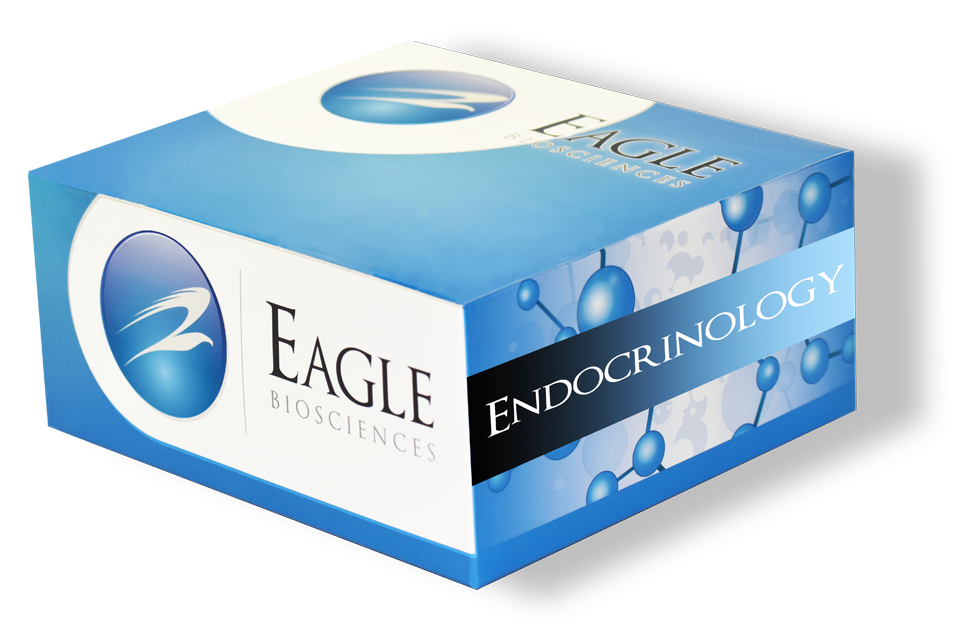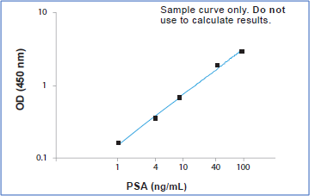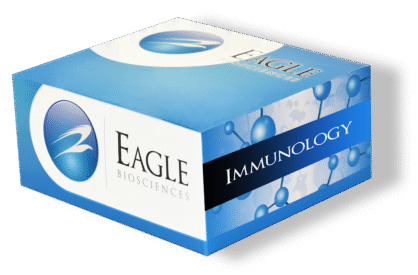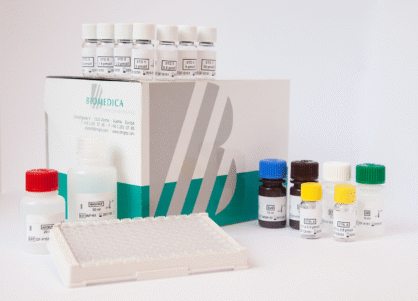Prostatic Specific Antigen Total (PSA) ELISA Kit
Prostate-Specific Antigen (PSA) is a 33-kDa glycoprotein produced and secreted by the epithelial cells of the prostate gland. In the bloodstream, PSA predominantly exists in a complexed form with α1-antichymotrypsin and, to a lesser degree, with other serum proteins. A smaller fraction of PSA circulates in its unbound or “free” form, and both total and free PSA levels are clinically relevant.
In a healthy male, total PSA levels are typically below 4 ng/mL. Elevated PSA concentrations may indicate prostate-related conditions, including benign prostatic hyperplasia (BPH), prostatitis, or prostate cancer. Clinically, PSA is widely used as a biomarker for the early detection, monitoring, and management of prostate cancer. The ratio of free to total PSA is also used to improve specificity in distinguishing between benign and malignant prostate disorders, especially in men with borderline PSA levels.
In research and diagnostic settings, PSA testing plays a crucial role in evaluating prostate health and guiding biopsy decisions. It is also used to monitor therapeutic outcomes or detect recurrence in prostate cancer patients following treatment.
This Prostatic Specific Antigen Total (PSA) ELISA Kit is manufactured in Canada by Eagle Biosciences.






